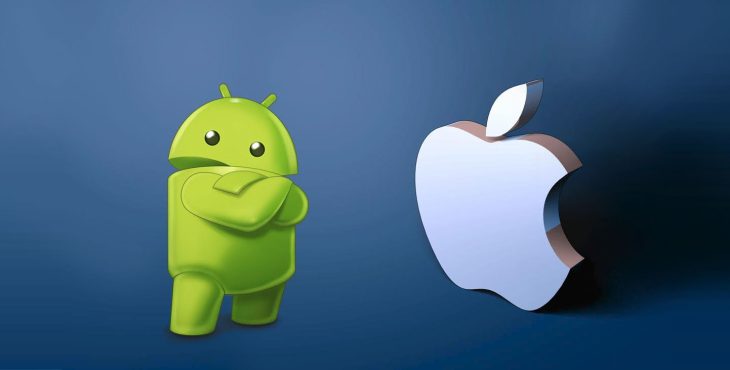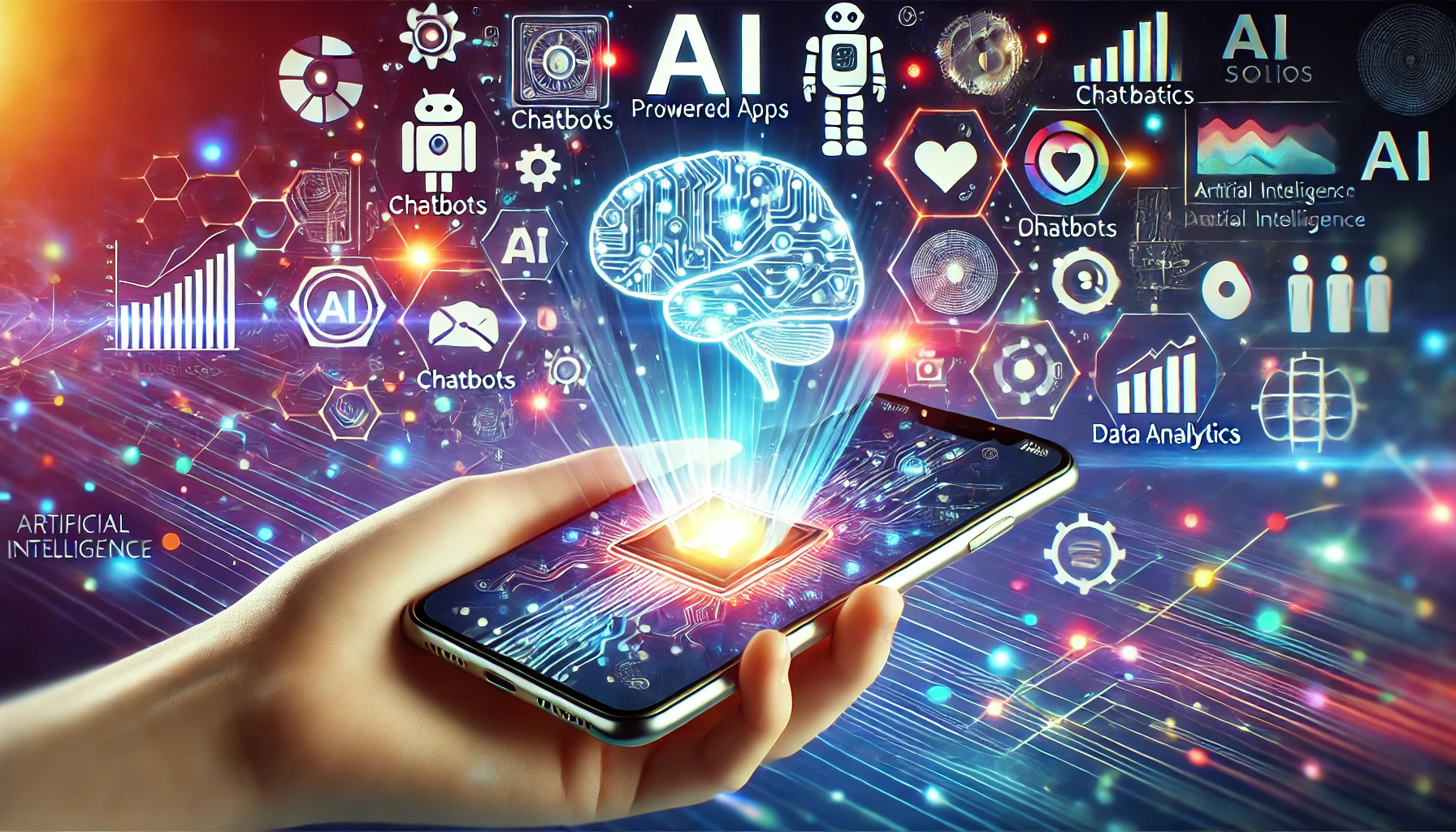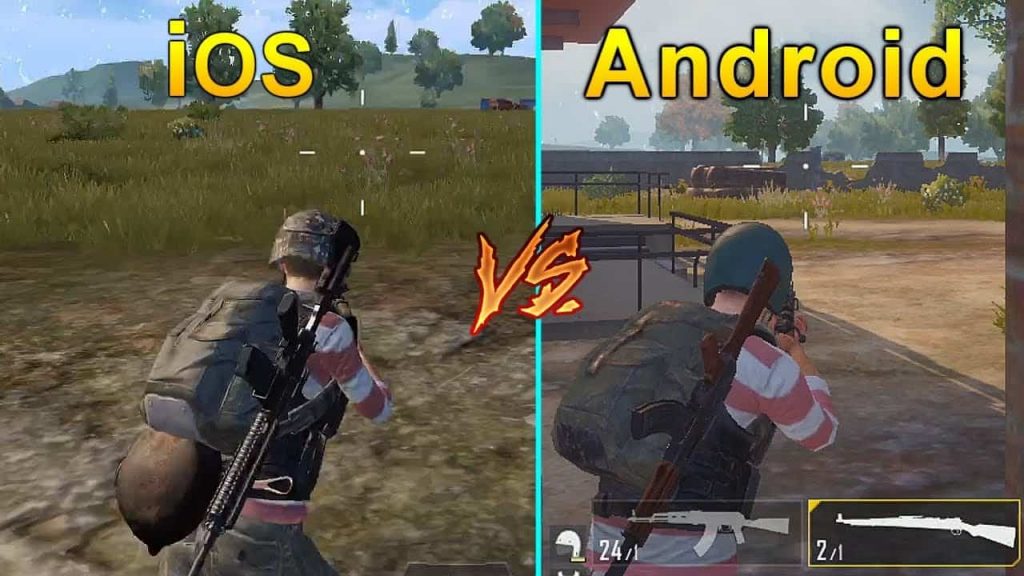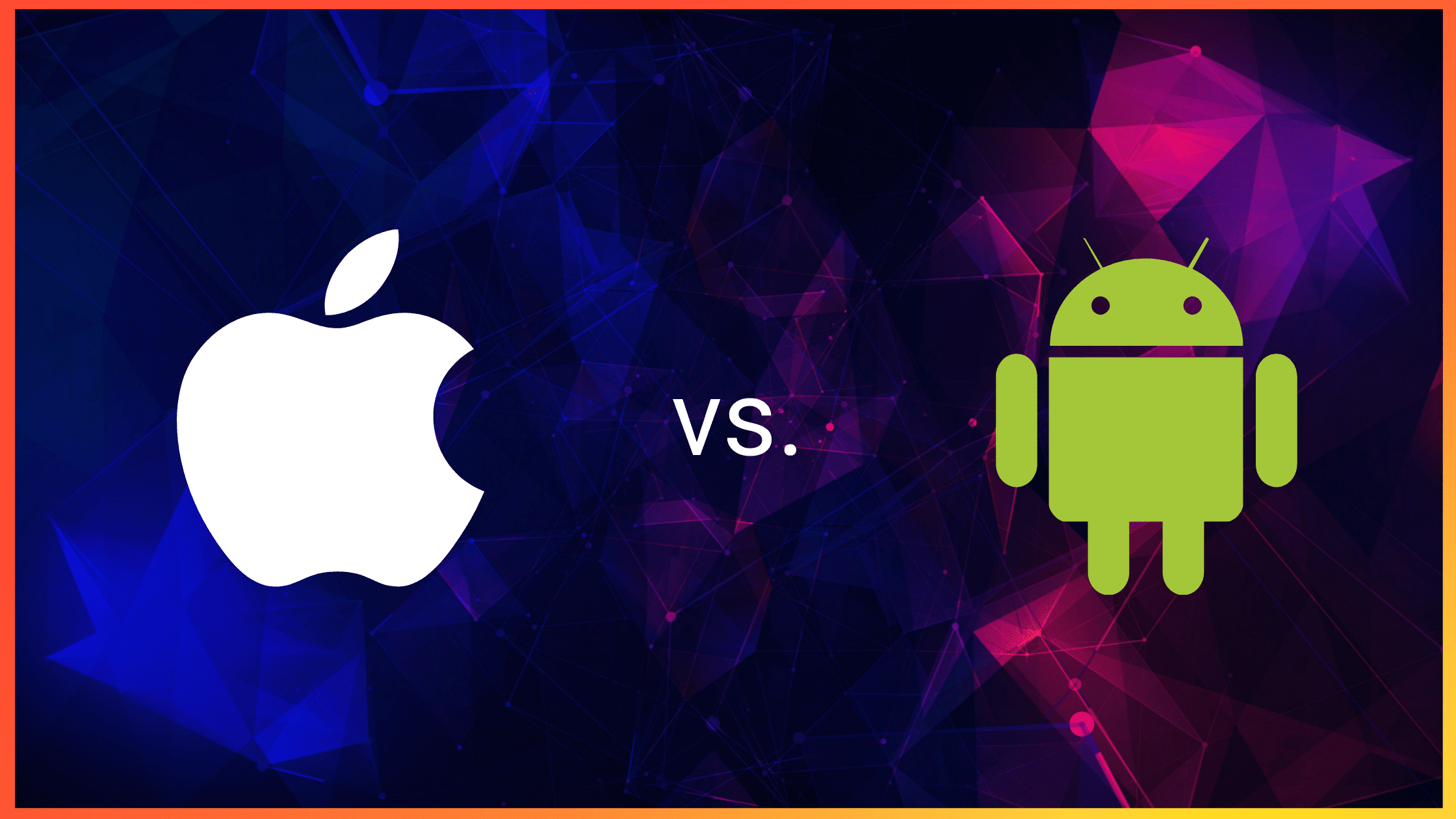iOS vs. Android: Which One is Right for You in 2025?
iOS vs. Android: Which One is Right for You in 2025?
Choosing between iOS and Android has been a long-standing debate among smartphone users. In 2025, both operating systems are more advanced than ever, offering cutting-edge AI features, improved security, and seamless connectivity. But which one is right for you?
Whether you value customization, ecosystem integration, or long-term software support, this guide will help you decide whether Apple’s iOS or Google’s Android best suits your needs.

1. User Experience & Customization
iOS: Smooth, Simple, and Consistent
Apple’s iOS 18 continues to provide a polished, user-friendly experience. The system is optimized for smooth performance, offering consistent design, minimal lag, and deep AI integration with SiriGPT.
However, customization is still somewhat limited. While iOS now supports more widget options, custom app icons, and interactive lock screens, it doesn’t offer the same level of personalization as Android.
✔️ Pros:
- ✅ Simple, intuitive interface
- ✅ Optimized for Apple hardware
- ✅ Seamless updates across all devices
❌ Cons:
- ❌ Limited customization options
- ❌ Some restrictions on third-party apps
Android: Ultimate Customization & Flexibility
Android 14 and 15 have pushed customization further, allowing users to completely change themes, layouts, and even default apps. Google’s Gemini AI enhances predictive text, smart replies, and AI-driven notifications.
If you love personalizing your phone, Android is the better option. You can install third-party launchers, change system animations, and sideload apps from various sources—something iOS still restricts.
✔️ Pros:
- ✅ Highly customizable (themes, widgets, UI tweaks)
- ✅ Multiple manufacturers, more device options
- ✅ Choice between stock Android (Google Pixel) or custom skins (Samsung One UI, OnePlus OxygenOS)
❌ Cons:
- ❌ Some phones don’t get updates on time
- ❌ Inconsistent experience across different brands
Winner: 🏆 Android – More flexibility for those who love to customize.

2. Ecosystem & Device Integration
iOS: The Power of Apple’s Ecosystem
If you already use MacBooks, iPads, AirPods, and Apple Watches, iOS offers the best seamless device integration. With features like:
- Universal Control: Use your Mac and iPad together with a single mouse and keyboard.
- Handoff: Start a task on one Apple device and continue on another.
- AirDrop & FaceTime Continuity: Instantly share files and switch calls between devices.
Apple’s closed ecosystem ensures everything works smoothly, but this comes at the cost of limited compatibility with non-Apple devices.
✔️ Pros:
- ✅ Seamless integration with other Apple products
- ✅ iMessage & FaceTime are the gold standard for communication
- ✅ Apple Watch and AirPods work best with iOS
❌ Cons:
- ❌ Limited compatibility with non-Apple devices
- ❌ You need to be fully invested in Apple’s ecosystem for the best experience
Android: More Versatility Across Devices
Android has improved cross-device connectivity with Google’s ecosystem. You can now:
- Sync Android phones with Windows PCs (Samsung’s Link to Windows is the best example).
- Use Nearby Share to transfer files across Android and even Windows.
- Connect with a wider range of smartwatches, headphones, and tablets (Samsung, Google, OnePlus, etc.).
If you use Windows, Chromebooks, or different brands of smart devices, Android gives you more flexibility.
✔️ Pros:
- ✅ Works with a variety of brands and devices
- ✅ Better compatibility with Windows PCs
- ✅ No need to be locked into a single ecosystem
❌ Cons:
- ❌ Google’s ecosystem isn’t as tightly integrated as Apple’s
- ❌ Some features depend on the brand (Samsung, Google, etc.)
Winner: 🏆 iOS – Best for those who use multiple Apple devices.

3.Software Updates & Security
iOS: Faster & Longer Software Updates
Apple’s iOS updates are released instantly for all compatible devices, and iPhones get software updates for at least 6-7 years. iOS 18,. With features like:
Security is also a strong point. Apple’s Privacy Labels show how apps use your data, and Lockdown Mode protects against hacking attempts.
✔️ Pros:
- ✅ Instant updates for all supported devices
- ✅ Longer software support (6+ years)
- ✅ Strong privacy and security features
❌ Cons:
- ❌ Closed system limits third-party apps
- ❌ Apple’s strict App Store policies
Android: Better Updates, But Still Fragmented
Google has improved Android updates, especially with Pixel and Samsungleading the way. Many flagship Android phones now get 5+ years of updates. However, some budget Android phones still don’t receive timely updates, leading to security concerns.
✔️ Pros:
- ✅ More manufacturers are offering long-term updates
- ✅ Google Play Protect scans apps for malware
- ✅ Better app flexibility compared to iOS
❌ Cons:
- ❌ Updates are inconsistent across brands
- ❌ Some older phones stop getting updates early
Winner: 🏆 iOS – More consistent updates and stronger security.

4.App Experience & AI Features
iOS: Optimized Apps, But Walled Garden
Apple’s App Store is tightly controlled, ensuring high-quality apps and better security. Many developersoptimize their apps for iOS first, so apps like Instagram, TikTok, and even mobile games tend to perform better.
With SiriGPT AI, Apple has enhanced Siri, but it still lags behind Google’s AI in certain areas.
✔️ Pros:
- ✅ Apps are usually better optimized
- ✅ Stricter security reduces malware risk
- ✅ Less bloatware on iPhones
❌ Cons:
- ❌ Less freedom to install third-party apps outside the App Store
- ❌ AI features still catching up to Google
Android:AI-Powered Experience
Android 15 integrates Google Gemini AI, making features like real-time language translation, AI-generated replies, and smart assistants more powerful. AI is deeply embedded in Google apps like Gmail, Photos, and Assistant, making Android a better choice for AI-driven users.
✔️ Pros:
- ✅ Google AI features are smarter and more useful
- ✅ More freedom to install third-party apps
- ✅App sideloading available for advanced users
❌ Cons:
- ❌ Some apps are not as polished as on iOS
- ❌ More chances of encountering malware in unofficial apps
Winner: 🏆 Android– Better AI features and app flexibility.

4.game Experience:Flexibility (Mods, Cloud Gaming, Emulators)
iOS: Best for Mobile Gaming Performance 🎮🔥
Apple devices, especially iPhones and iPads, are known for theirsuperior gaming performancebecause:
● The A-series chips (A18 Bionic in 2025)offer console-level power. ● The App Store gets high-quality exclusive games first. ● Metal API(Apple’s graphics tech) ensuressmooth gameplay.
Many AAA mobile games (like Genshin Impact, Call of Duty: Mobile, and PUBG Mobile ) run better on iPhones compared to similarly priced Android phones.
✔️ Pros:
- ✅Best-in-class performance with optimized hardware
- ✅ iPhones get exclusive & first-release games more often
- ✅ Longer software updates mean older iPhones still run new games well
❌ Cons:
- ❌ No native game emulators (without jailbreaking)
- ❌ Limited customization for game settings
Android:More Choice, Cloud Gaming & Emulators 🎮📱
Android gives gamers more flexibility, with features like:
● More powerful gaming phones (e.g., ASUS ROG Phone, RedMagic). ● Built-in emulators for retro gaming (PSP, Nintendo, etc.). ● Cloud gaming options like Xbox Cloud Gaming & NVIDIA GeForce Now.
However, not all Android devices are optimized for gaming, and some budget models struggle with frame rate drops.
✔️ Pros:
- ✅ More variety in gaming-focused smartphones
- ✅Supports cloud gaming services & emulators
- ✅ Allows game modding and external controllers easily
❌ Cons:
- ❌ Gaming performance varies by brand and model
- ❌ Some games don’t run as smoothly as on iPhones
Winner: 🏆 iOS for smooth performance & Android for flexibility.

Final Verdict: Which One Should You Choose?
| Feature | Winner |
|---|---|
| Customization | 🏆 Android |
| Ecosystem | 🏆 iOS |
| Software Updates | 🏆 iOS |
| App Experience | 🏆 Android |
| AI Features | 🏆 Android |
| App Optimization | 🏆 iOS |
| App Freedom & Sideloading | 🏆 Android |
| Gaming Performance | 🏆 iOS |
| Gaming Flexibility (Mods, Cloud Gaming, Emulators) | 🏆 Android |
Which IOS or android do you prefer in 2025? Let us know in the comments!

%20is%20no%20longer%20a%20futuristic%20concept%E2%80%94it%20is%20an%20integral%20part%20of%20our%20daily%20lives.%20From%20smart%20assistants%20l.png)
Nice
ReplyDelete